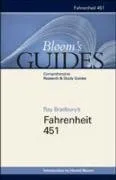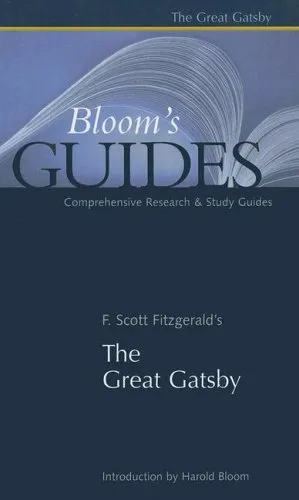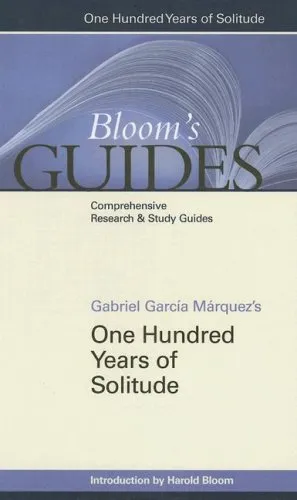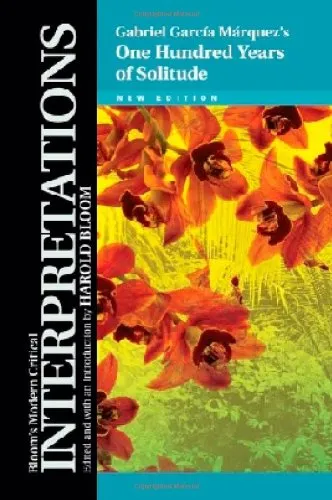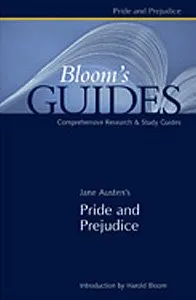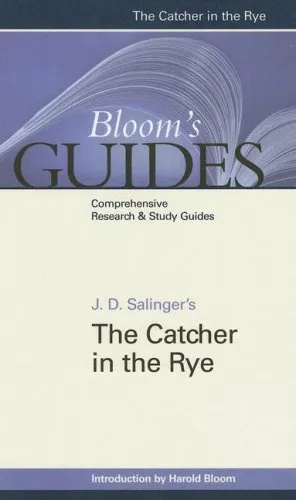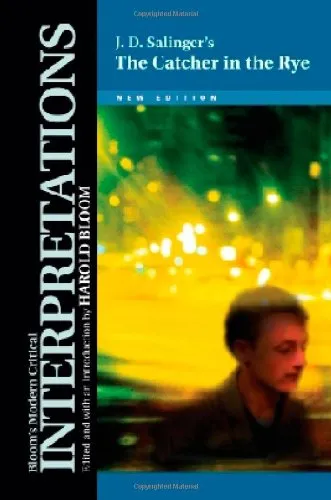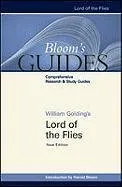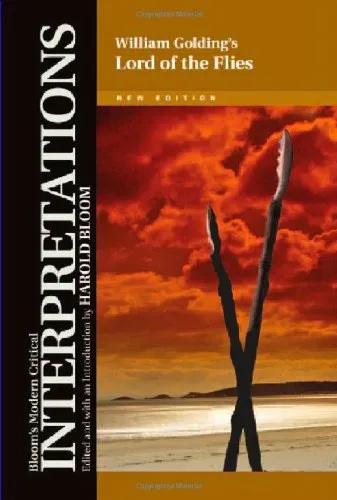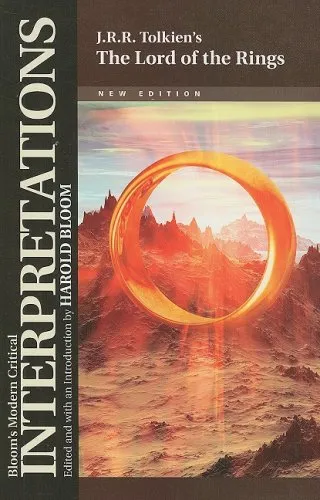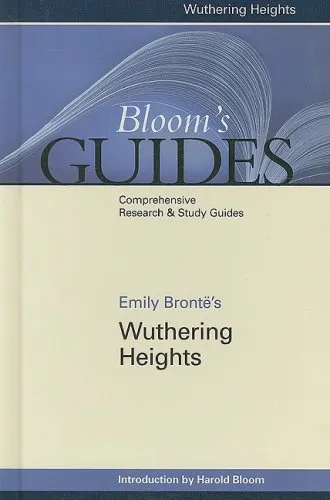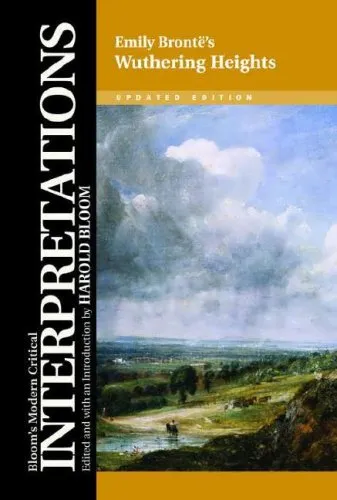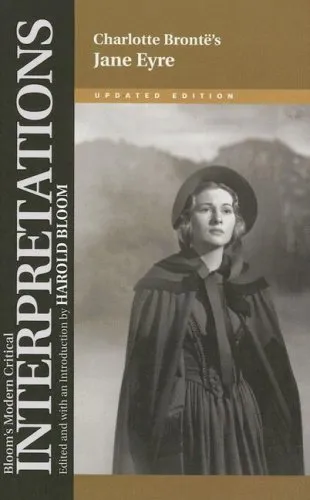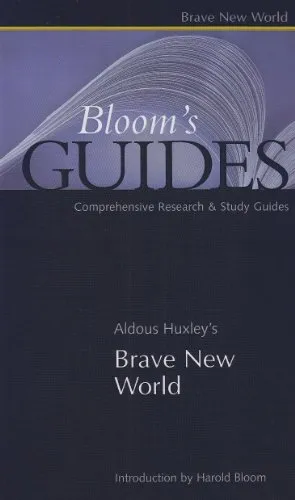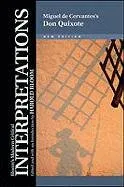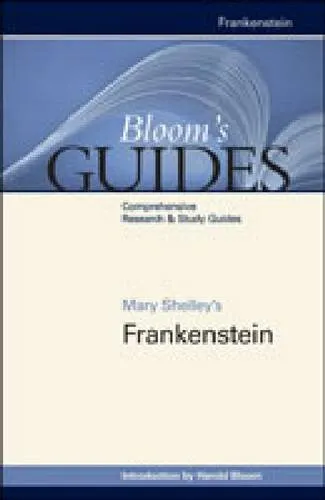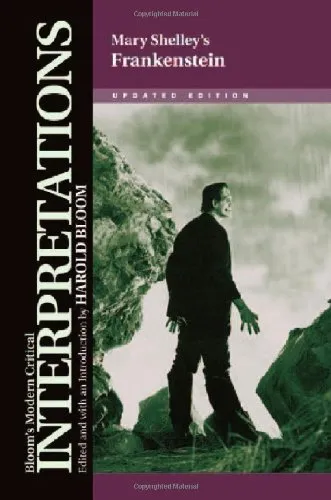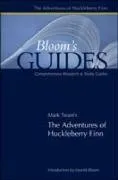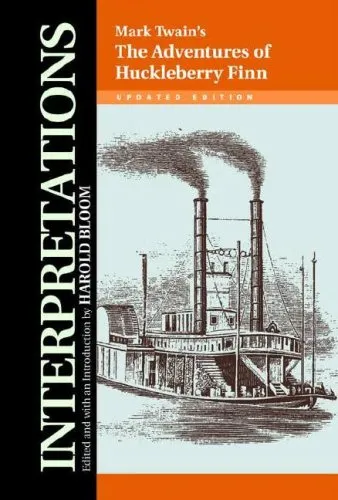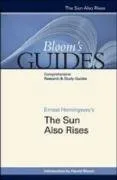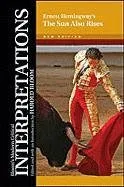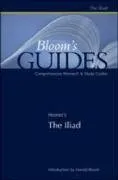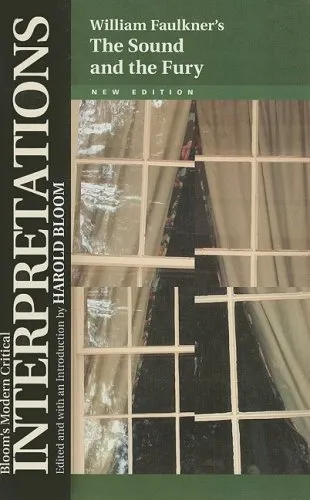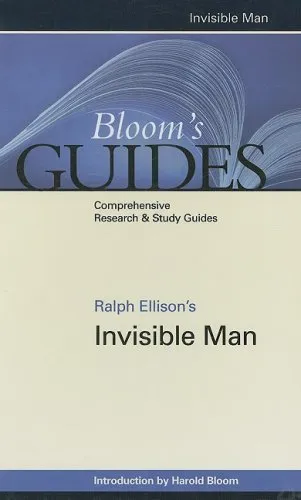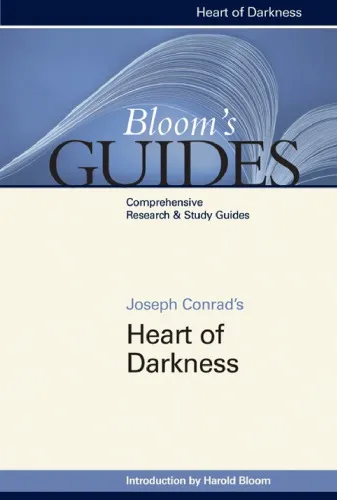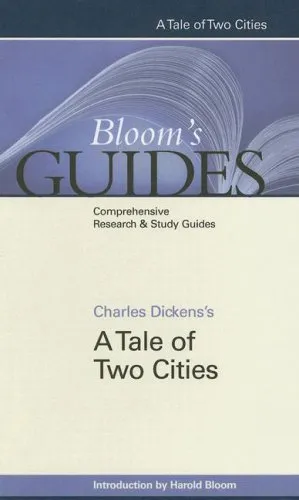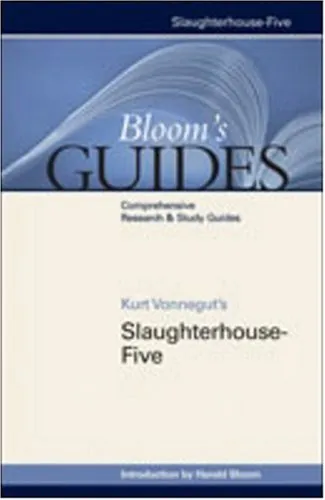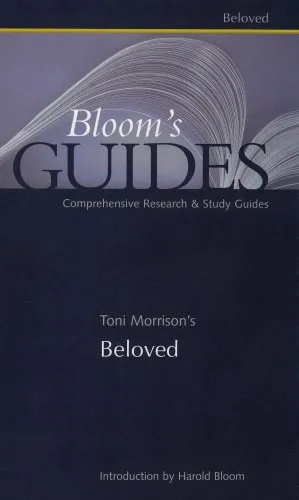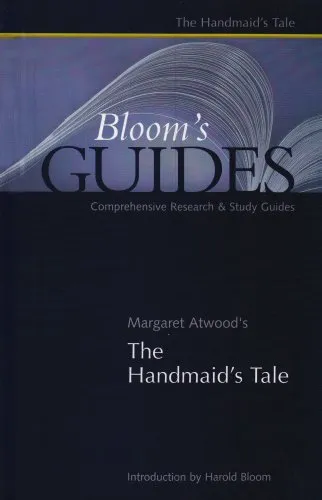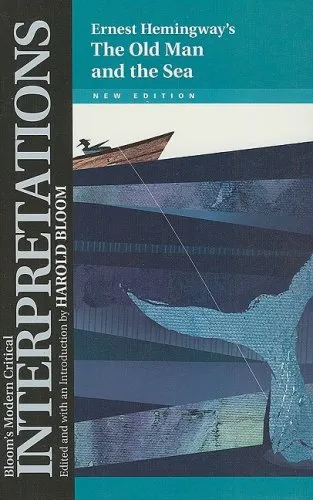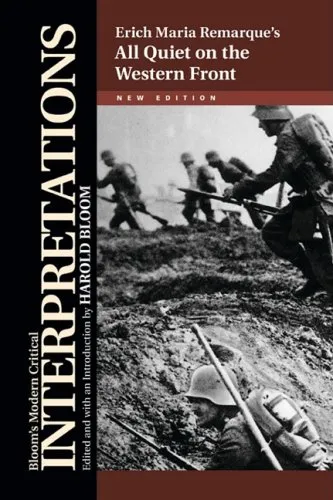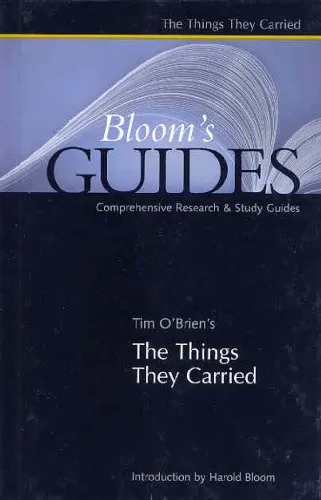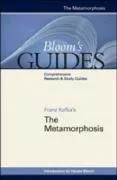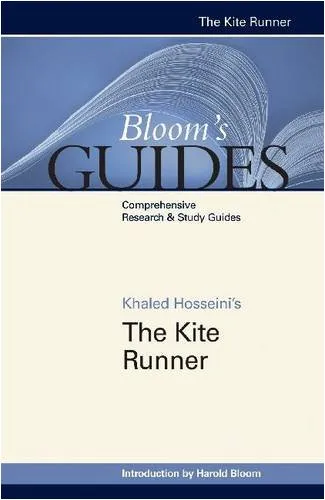Ray Bradbury's Fahrenheit 451 (Bloom's Guides)
4.1
Reviews from our users

You Can Ask your questions from this book's AI after Login
Each download or ask from book AI costs 2 points. To earn more free points, please visit the Points Guide Page and complete some valuable actions.Related Refrences:
Persian Summary
Welcome to our comprehensive guide on Ray Bradbury's seminal work, Fahrenheit 451. This guide, part of the Bloom's Guides series, aims to provide an insightful, in-depth analysis of the novel’s themes, characters, and enduring relevance. 'Fahrenheit 451' is more than just a story; it's a profound commentary on the human condition, societal structures, and the evolving role of technology in our lives.
Detailed Summary of the Book
Ray Bradbury's Fahrenheit 451 is set in a dystopian future where books are outlawed, and "firemen" are tasked with burning any that are found. The protagonist, Guy Montag, is one such fireman who finds himself increasingly disillusioned with the anti-intellectual society in which he lives. As Montag encounters neoteric thinkers like Clarisse McClellan and rebels such as Professor Faber, he begins to question the monotony of his existence and the oppressive regime around him.
Montag's journey from a conforming fireman to a courageous seeker of knowledge highlights the power and resilience of human curiosity. The novel reaches its climax as Montag joins a group of intellectual outcasts who strive to preserve literary knowledge. Bradbury paints a chilling image of a society blind to its censorship and technological dependency, urging readers to cherish free thought and literature’s liberating potential.
Key Takeaways
- Importance of Free Thought: The book underscores the value of intellectual freedom and the dangers of censorship.
- Role of Technology: Though often beneficial, technology can become a tool for control and dehumanization if unchecked.
- Consequences of Conformity: Conformity stifles individuality; individuals and societies thrive on diversity of thought and expression.
- Power of Literature: Books are not mere vessels of knowledge but also custodians of humanity's diverse experiences and emotions.
Famous Quotes from the Book
"It was a pleasure to burn." - This opening line illustrates Montag's initial viewpoint and sets the tone for the transformation he eventually undergoes.
"There must be something in books, things we can’t imagine, to make a woman stay in a burning house; there must be something there. You don’t stay for nothing." - Montag reflects on the power of books and the profound commitment of those willing to die for them.
"So now do you see why books are hated and feared? They show the pores in the face of life." - This quote highlights the notion that literature reveals uncomfortable truths and challenges societal norms.
Why this Book Matters
'Fahrenheit 451' remains one of the most influential works of the 20th century because it addresses essential themes that remain pertinent in today's rapidly advancing, and often critically scrutinized, digital world. In an era facing challenges about privacy, technology’s role, and freedom of expression, Bradbury’s work is a clarion call about the fragility of such freedoms. It challenges readers to value knowledge, question oppressive practices, and recognize the persistent threat of censorship.
The novel’s legacy is its ability to inspire dialogue and reflection among generations of readers and thinkers. Even today, it serves as a potent reminder of the consequences of passivity and the importance of safeguarding our intellectual heritage.
Free Direct Download
You Can Download this book after Login
Accessing books through legal platforms and public libraries not only supports the rights of authors and publishers but also contributes to the sustainability of reading culture. Before downloading, please take a moment to consider these options.
Find this book on other platforms:
WorldCat helps you find books in libraries worldwide.
See ratings, reviews, and discussions on Goodreads.
Find and buy rare or used books on AbeBooks.
1598
بازدید4.1
امتیاز0
نظر98%
رضایتReviews:
4.1
Based on 0 users review
Questions & Answers
Ask questions about this book or help others by answering
No questions yet. Be the first to ask!
